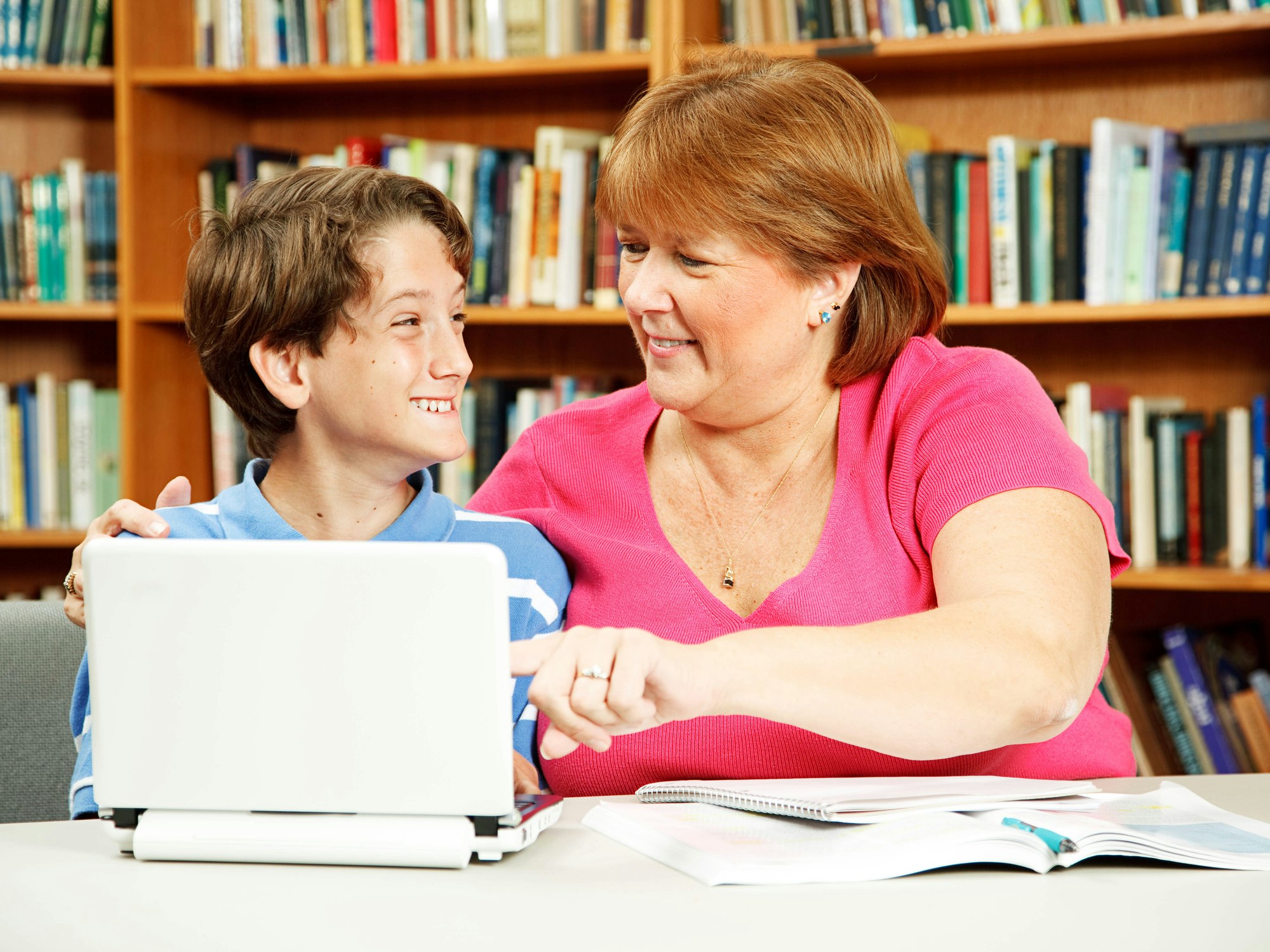Students with disability face “disconnection” with online learning

As a result of COVID-19 many schools have moved partially or completely to online learning, a drastic shift from the traditional learning model.
This has presented challenges for students and their parents across Australia, but students disability are facing additional barriers that may leave them disconnected and without support.
Mary Sayers, Chief Executive Officer (CEO) of Children and Young People with Disability (CYDA) says, the barriers being faced by students with a disability in an online environment is causing disconnection from learning and peers.
“What we have seen is a whole lot of disconnection for students with disabilities… They have moved from a model where they are included to a model where they are completely disconnected. They’ve been disconnected from their classroom teacher in many cases, and often they have not been provided with reasonable adjustments that they need.”
Access to technology and barriers with using technology are also faced by students with disability while learning online.
Ms Sayers says, “For many students, there is [also] the actual ability to use the technology in the first place without any assistance, and of course, many students are not being provided any assistance from their schools in actually accessing the technology.”
Parents are at the frontline of making sure their children are being supported through online education during COVID-19.
Tracy Davey, a South Australian teacher and mum to 10-year-old Noah, who has autism, says, “I actually am finding, it is probably beneficial for [Noah] because he doesn’t have the distractions that he would face in a classroom.
“We are able to pace his education and give him all the breaks he requires that perhaps he doesn’t get at school because of the nature of schools… If he is overwhelmed, or having a meltdown or not coping there’s not always someone there that can step in and give him that break or help him to regulate. Whereas at home, he has those opportunities to do all of that.”
Ms Davey acknowledges that she has the advantage of being a teacher and understanding how the system works and that other parents are likely to be facing challenges.
“I am in a fortunate position being a teacher myself that shifting him to online learning hasn’t been as challenging as it perhaps would be for someone that’s not in the know of how all the different programs and systems work.
“I was talking to a friend of mine yesterday whose son is the same age as Noah but has much more significant learning needs then Noah does, and he was just handed a packet of work with a ‘here you go, off you go’ kind of thing with no support or adjustment for his level.
“For her not being a teacher and not having any understanding of what he is meant to be learning she has found that quite in your face that she is now calling me saying ‘look, what is he supposed to be doing?“
With the information around schools changing as more information comes out, teachers are also facing challenges with adapting to online learning for students and that providing support for students is difficult.
Ms Davey says, “Teachers and SSOs are in an incredibly difficult position right now, and as much as Noah is entitled to that help it is impossible for him to get that SSO support right now because he is in self-isolation…
“I don’t know how schools would structure [the] support he would normally get unless they were to set up Skype sessions or something along those lines where we knew that his SSO was going to ring in at 9 o’clock every morning and work with him on the activity he is supposed to be doing.
“Which would then take the pressure off of me to help my other children or run my own online lessons for my students, but because he requires that one on one the whole time I can’t support my other kids or run my own lessons. I don’t know how we fix that. I don’t know how the schools could support that.“
Ms Sayers says that it is important that a holistic approach is used to support students with disability through online learning.
“They really need to have a holistic and targeted strategy around how students with disability aren’t going to be left behind at this time and what we are not yet seeing is that really holistic strategy to include students with disability.”
Ms Davey agrees but adds that it is difficult to do when teachers are trying to adapt to online learning themselves.
“We are constantly looking at ways to challenge those high-flyers and supporting those children who need that bit extra.
“It is a lot of extra pressure and a lot of extra work on teachers to do that online when they are still trying to navigate this new technology and new online that is quite foreign for most of us.”
Currently, the provision of support for students is up to the Department of Education in each State and Territory.
However, when asked is she had received support for her son Ms Davey said she had not.
For more information about your State or Territories Department of Education and any support available:
- Australian Capital Territory
- New South Wales
- Northern Territory
- Queensland
- South Australia
- Tasmania
- Victoria
- Western Australia
What challenges have you faced with online learning? Tell us in the comments below or send an email to [email protected].